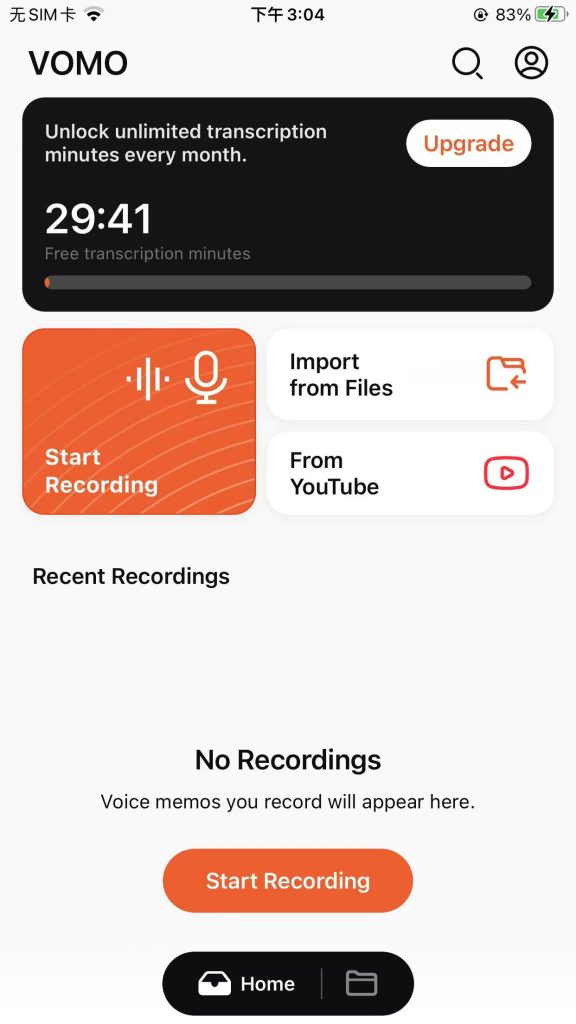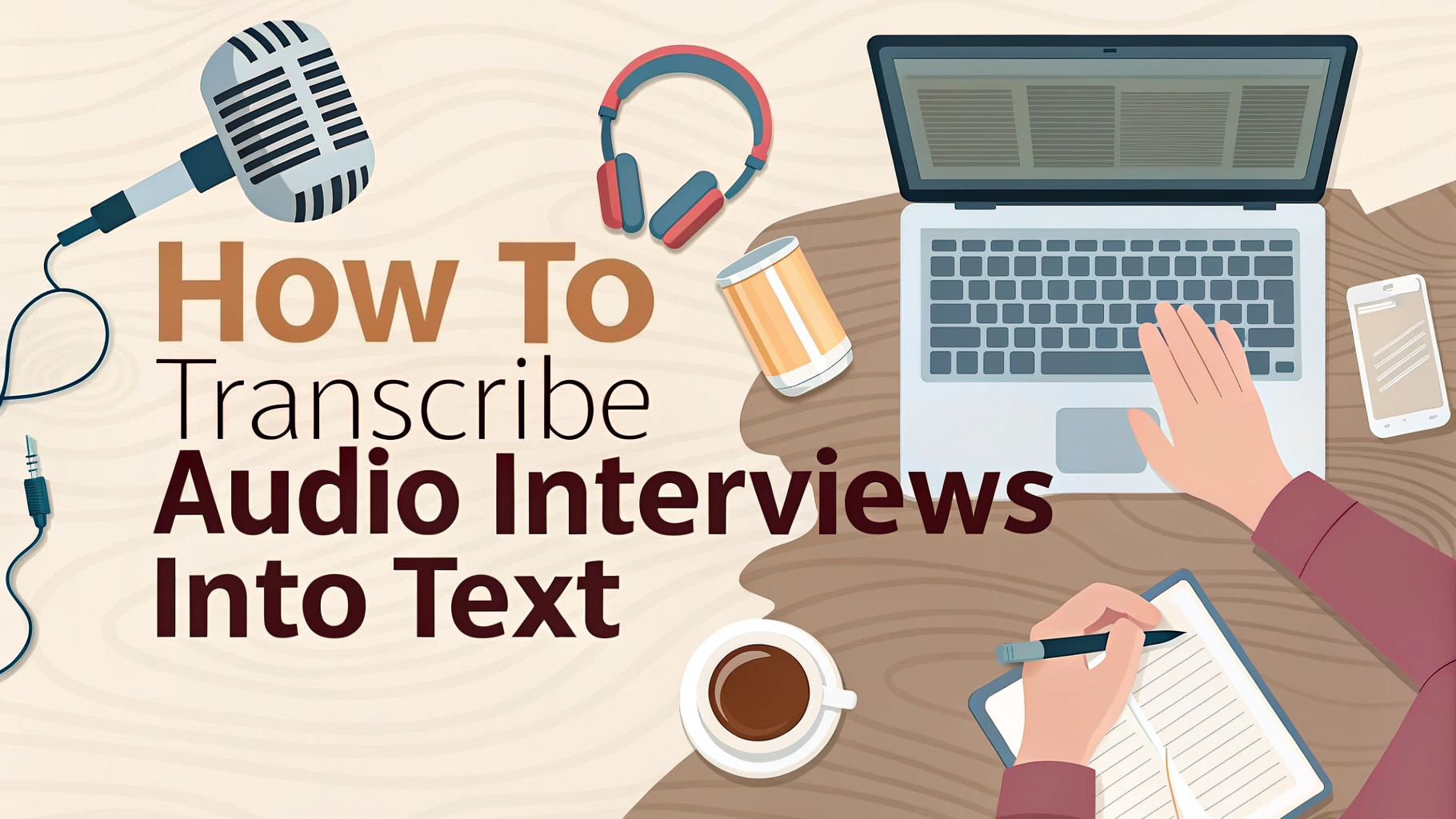Transcribing audio interviews into text has become a crucial part of my workflow as a content creator and researcher. Whether I’m working on a podcast, summarizing a YouTube transcript, or drafting an article, turning spoken content into accurate, readable text helps me work faster and more efficiently.
Here’s a concise, step-by-step guide on how to transcribe interviews using AI tools, with practical tips and examples based on my experience.
Why Transcribing Interviews Matters
Turning interviews from da audio a testo improves clarity, accessibility, and reusability. I often extract quotes, generate summaries, and create social media snippets directly from transcripts. It also helps with organizing Note della riunione AI and speeding up my content production process.
Best Methods to Convert Audio Interviews to Text
You have three main options:
| Method | Pros | Cons |
|---|---|---|
| Manual Transcription | Highly accurate | Very time-consuming |
| Professional Services | High-quality results | Expensive |
| AI-Powered Transcription Tools | Fast, affordable, supports summaries | May require light proofreading |
I prefer AI tools for their speed and added features. One of the best I’ve used is VOMO AI.
How to Transcribe an Interview with VOMO AI (Step-by-Step)
Step 1: Upload Your File
You can upload recordings in various formats (MP3, M4A, WAV). I’ve transcribed everything from Zoom recordings to memo vocali using VOMO.
VOMO is very easy to use, with a simple and user-friendly interface.

Step 2: Let AI Do the Work
VOMO uses powerful Modelli di intelligenza artificiale like OpenAI Whisper to handle Da parola a testo conversion. The result? Fast and impressively accurate da audio a testo transcripts.
Step 3: Generate AI Meeting Notes
VOMO’s Smart Notes feature condenses long interviews into actionable insights. I often use this to quickly get the gist of a one-hour conversation.
Step 4: Use Ask AI to Query Your Transcript
This feature helps me pull out quotes or check what a speaker said about a specific topic, without re-listening to the entire audio.
Step 5: Export and Repurpose
You can export clean text files or summaries for blog posts, newsletters, or even subtitles. It works great for da video a testo use cases, like YouTube transcripts.
Tips for High-Quality Transcriptions
Audio quality is the foundation of accuratezza della trascrizione. If you want to avoid too much post-editing work, follow these guidelines.
Record in a quiet space.
Use a good mic for interviews.
Avoid talking over each other.
For dictation, speak clearly and use short sentences.
Practical Use Cases I’ve Tried
Podcasts: Transcribe guest interviews for show notes.
Academic research: Turn expert interviews into citations.
Marketing: Convert interviews into blog content or email copy.
YouTube: Upload videos and auto-generate YouTube transcripts.
Pensieri finali
AI transcription tools like VOMO AI have transformed how I handle content. Whether I’m working with memo vocali, dictation, da video a testo, or creating Note della riunione AI, it’s now easier to organize and use my audio recordings.
Try VOMO AI during its free trial to see how it can help you turn hours of interviews into actionable content within minutes.


